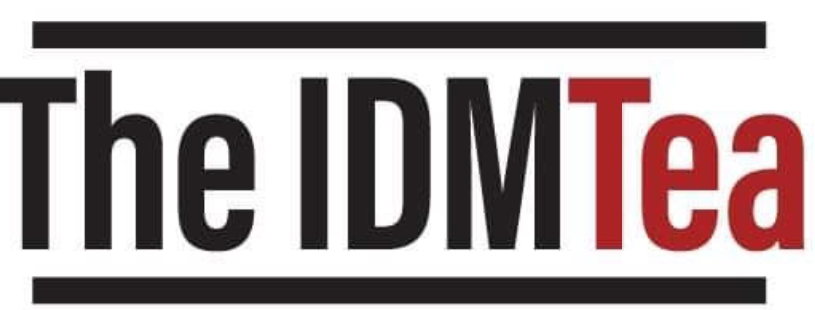By: TSgt John Kelvin Garcia
“Without adventitious sounds: no bronchophony, egophony, or whisprered pectoriloquy on anterior or posterior.”
This is an age old statement that most, if not all of us have said at least a hundred times during IDMT school and after. Up to this day, this is still echoed in the halls during the times I have visited the IDMT school house. I have been given the privilege and opportunity to spend some time observing, learning, and appreciating the process of training the next generations of IDMTs.
Students undergo a 13 week long intense instructions broken into several blocks.
These blocks are as follows:
Block 101: Non-clinical tasks — public health, bio environmental engineering, administrative, medical intelligence, and logistics. Lastly, going over AFI 44-103 Independent Duty Medical Technician.
Block 201: Anatomy and physiology — This is where the dreaded head to toe exam is completed. Where each IDMT student is expected to complete a 146 point whole body physical examination in 60 min. The organ system approach that they have learned is what will be their guide through this block.
Block 102: Field & Emergency Medicine — a culmination of lessons learned from past IDMTs and best practices that tackles environmental and wildlife concerns.
Block 202: Disorders — system by system review of block 201 with advanced pathophysiology, pharmacology and ancillary testing such as laboratory studies. This is where they are first introduced to how the protocol works.
ALS is a two day instructional block where they learn advanced cardiac resuscitation skills and knowledge to become nationally certified Advanced Life-support Providers.
Block 301: Clinical experience — students at point knows anatomy, physiology, pharmacology and disorders. This is where their first “real world” test occurs. They provide acute care medicine in the Family emergency care center and Basic Military training dispensaries. This allows them to see anywhere between 30 – 45 patients with a variety of complaints and diagnosis.
What makes an IDMT stand out amongst the rest?
“It is the character in all of us, our work ethic is second to none. The students who are here that live, breath and sleep IDMT definitely stands out during block 201. As this block is the hardest to get through. Our team provides them with all the materials they need to become successful. We give a student handout that has all of the informations weeks even months before they arrive. The ones that take it to heart, pass 201 without any difficulty. The entire school is a weed out process for those individuals who are not fit to represent our career field.”
MSgt Venus Bock, IDMT Program Flight Chief
What separates a good versus a bad healthcare provider?
“Being a good provider is not something we can teach in 13 weeks. We cannot teach you humility or motivate you to become the best. Students are already coming in with those attributes, our course is merely bringing it out of them. Since our training philosophy here is looking for the “why and how” the disease process works. We encourage our students to not only scratch the surface but look for a deeper explanation. The root cause analysis model is what we use here. One of my favorite exercise once the student makes it into block 301 is asking them the reason how they came up with their differentials and the medications they would like to prescribe. The ones that need more assistance are the ones that state because the “protocol said so” This doesn’t satisfy the learning objectives, as we expect our students to have an advance critical thinking of disease process and pharmacological effects to better aid their patients.”
Dr Chang – IDMT Program Medical Director
As the African proverb go “it takes a village to raise a child”. To the IDMTs who have been practicing for a while, guide and mentor the new generation coming out of school. But also, pay attention to them, do not be hesitant to the new techniques they are showing. Remember, medicine is an ever changing and evolving career. There will always be a new and updated evidence based practice treatment modality that will change the way we diagnose and treat diseases. We owe it to our patients to stay abreast with all of the changes in order to provide them the best medicine possible anywhere in the globe.
